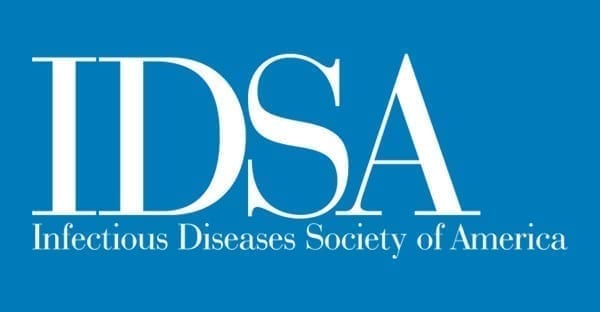Infectious Diseases Society of America (IDSA)
Healthcare
Industry
12,000+
Total Membership
Professional Society
Organization Type
Arlington, VA
Headquarters
When the Infectious Diseases Society of America (IDSA) set out to reimagine its governance structure, it recognized that who served on the board and committees was as important as how they served. Diversity, equity and inclusion (DE&I) factored prominently in the organization’s values, and staff and leaders sought an external partner to bring an objective perspective to the work. McKinley’s research and guidance to IDSA not only helped the organization build a stronger governance model; it helped the organization identify systems and practices that had prevented the organization from realizing measurable and lasting change.
Challenge
By late 2017, IDSA was on an impressive trajectory. The organization had recently hired a new CEO. It held significant financial and brand assets to help advance its priorities. It was realizing a growing level of professional and public support for its mission. Yet IDSA’s governance model was in need of a comprehensive review to ensure that it aligned with broader organizational priorities and could propel the organization’s progress. More specifically, staff and volunteer leaders wanted to ensure that the governance model promoted a diverse volunteer leadership and, by extension, fostered an engaged and loyal membership base. Long-standing policies, procedures and assumptions needed to be evaluated.
Solution
Aligning a governance model to broader strategic priorities requires a careful balancing act. The initiative must honor the roles of current volunteer leaders while building a model that might fundamentally change those same leaders’ roles or opportunities in the future. Recognizing these sensitivities, McKinley worked closely with IDSA staff and the governance task force to ensure transparency and provide opportunities for input and reaction. This task force played a critical role in helping to navigate the sensitive nature of the project and served as a peer resource when the recommendations were presented to the board.
To build a governance model that would support greater diversity and ensure equity and inclusion, McKinley needed to ensure that the voices of the broader membership – as well as current leadership – were heard. The qualitative and quantitative research revealed key opportunities, particularly in the areas of governance structure and training. McKinley applied these insights to develop a series of recommendations that helped address long-standing policies, practices and assumptions.
.png?width=4352&name=chart-5%20(2).png)
Outcome
Following the recommendations presented by McKinley, IDSA reached a nearly 25% increase in the diversity of its board in less than two years — a notable metric but one that drives IDSA to continue its commitment to DE&I.
Making the commitment to becoming a more diverse, equitable and inclusive organization is an important first step. Yet many organizations fail to challenge existing structures and practices, or they struggle to manage the shifts necessary to realize measurable and lasting change. IDSA’s willingness to look at one of its most sacred yet problematic areas – the governance structure – enabled the organization to evolve but also to set key metrics that would demonstrate the impact of its efforts. In less than two years, IDSA has implemented a leadership development process that ensures the Board has highly qualified and diverse members. Results include:
- 10 men and 5 women in 2017 to 11 women and 4 men in 2020.
- Far greater geographic diversity.
- As a result of transitioning from a contested to a single slate election, IDSA’s membership elected the most diverse group of incoming Board members including the Society’s first person of color in the presidential track.
“McKinley provided expertise and guidance to the task force to ensure our governance restructure was a success. Our board unanimously approved the recommendations and requested that implementation begin immediately to transform our Society.”
Chris Busky, CAE
Chief Executive Officer, Infectious Diseases Society of America








